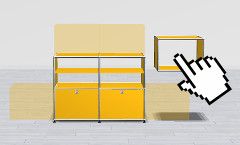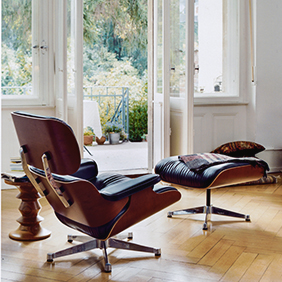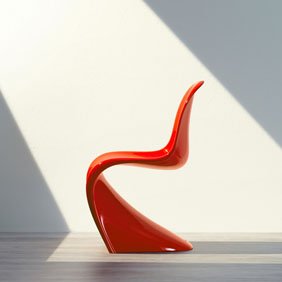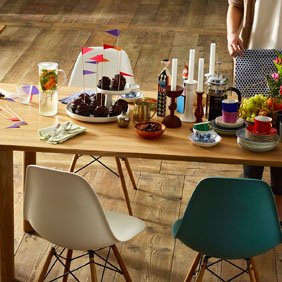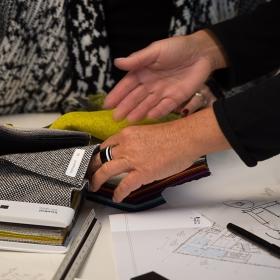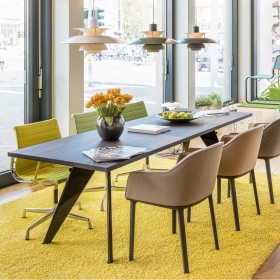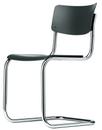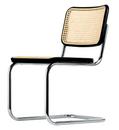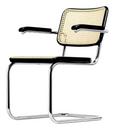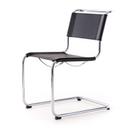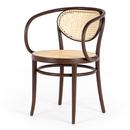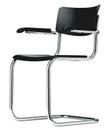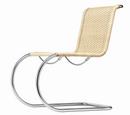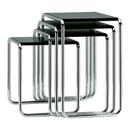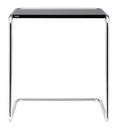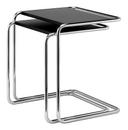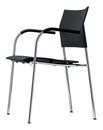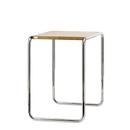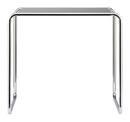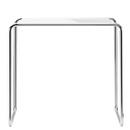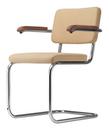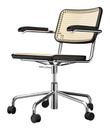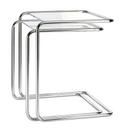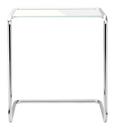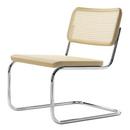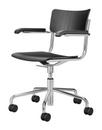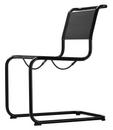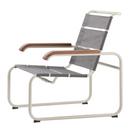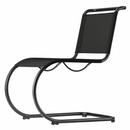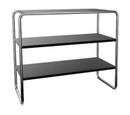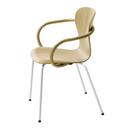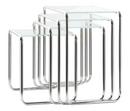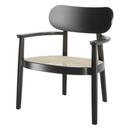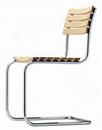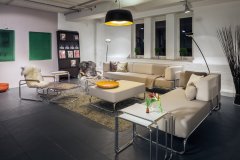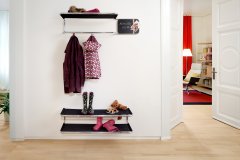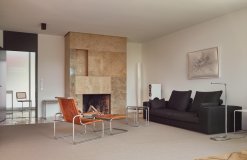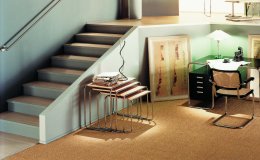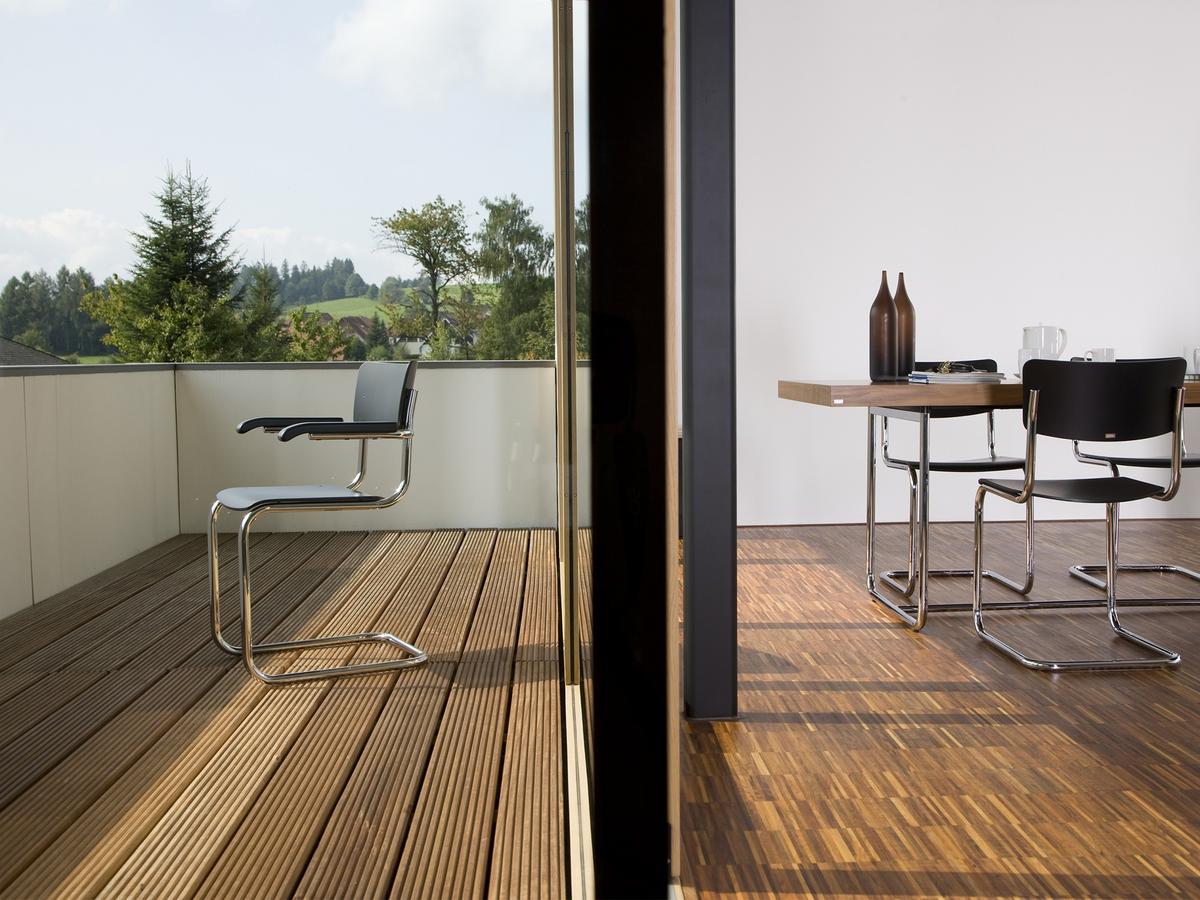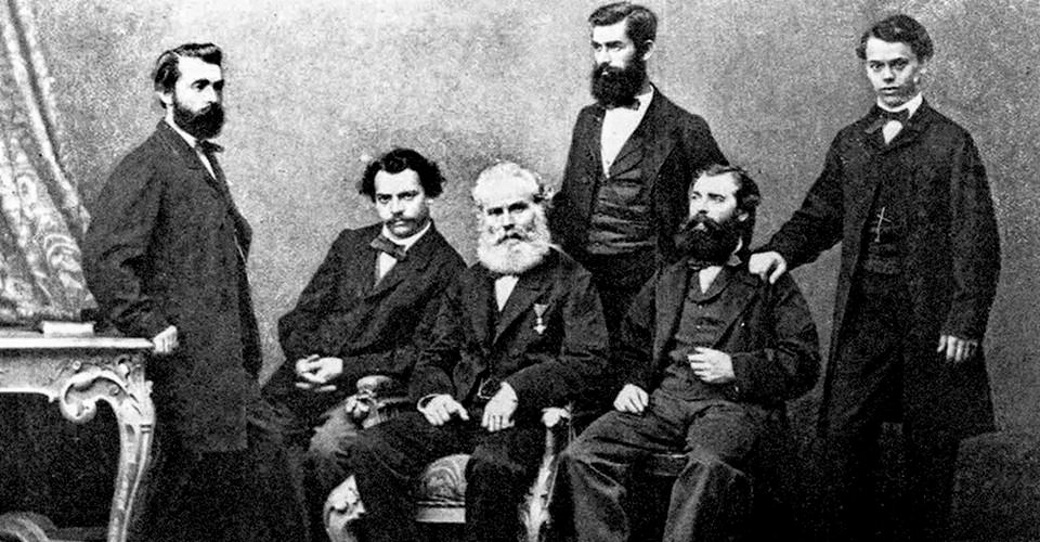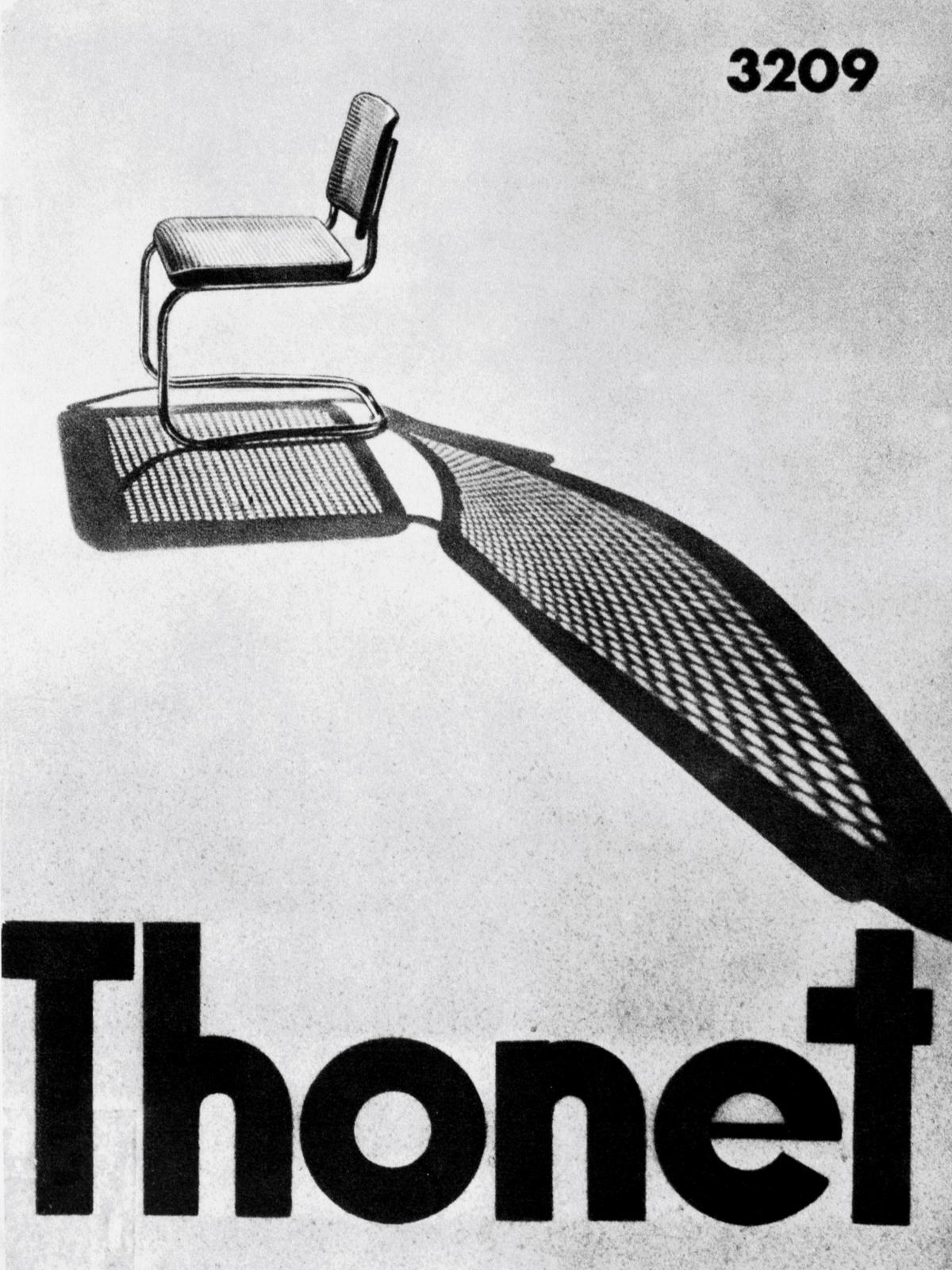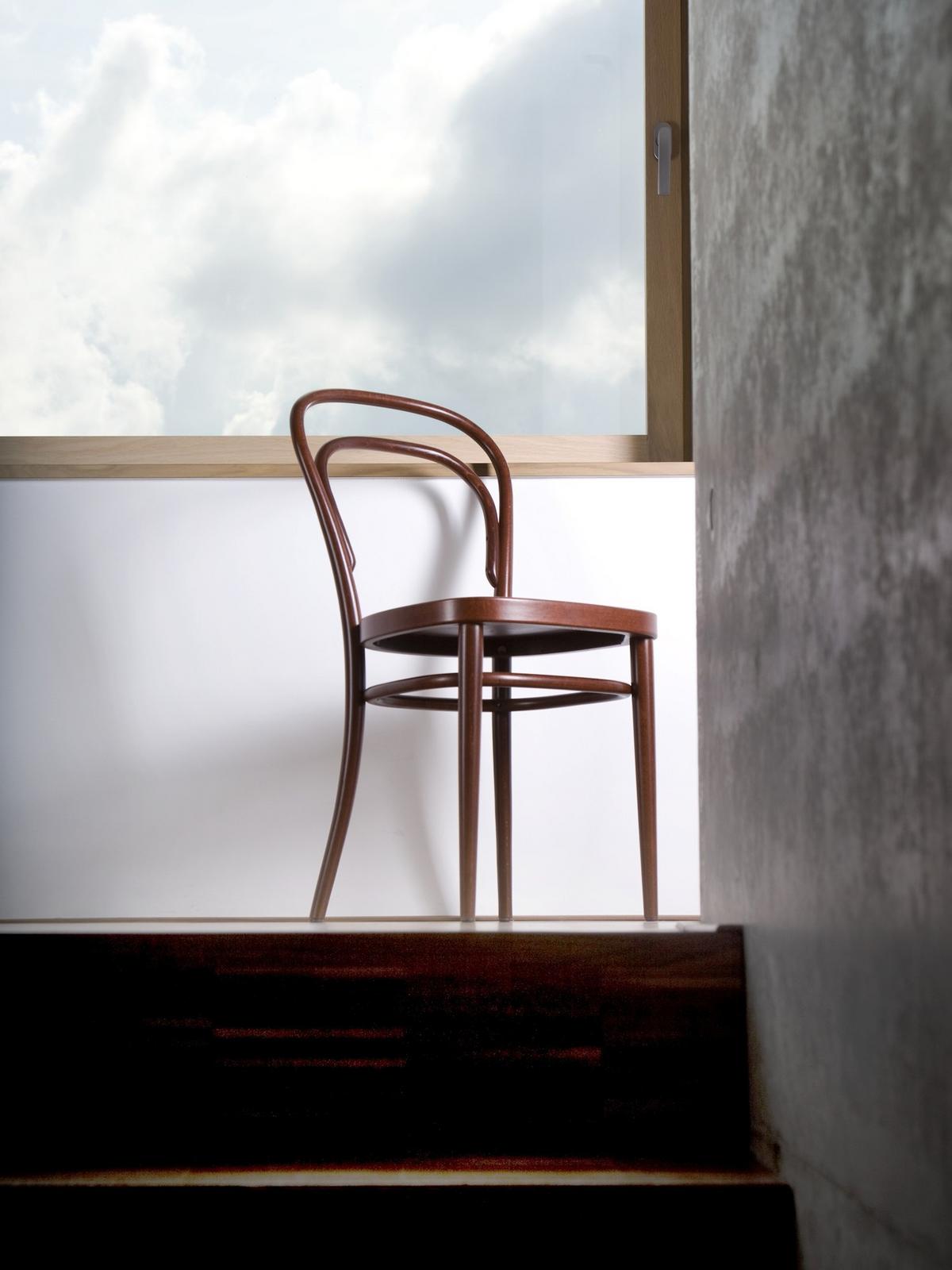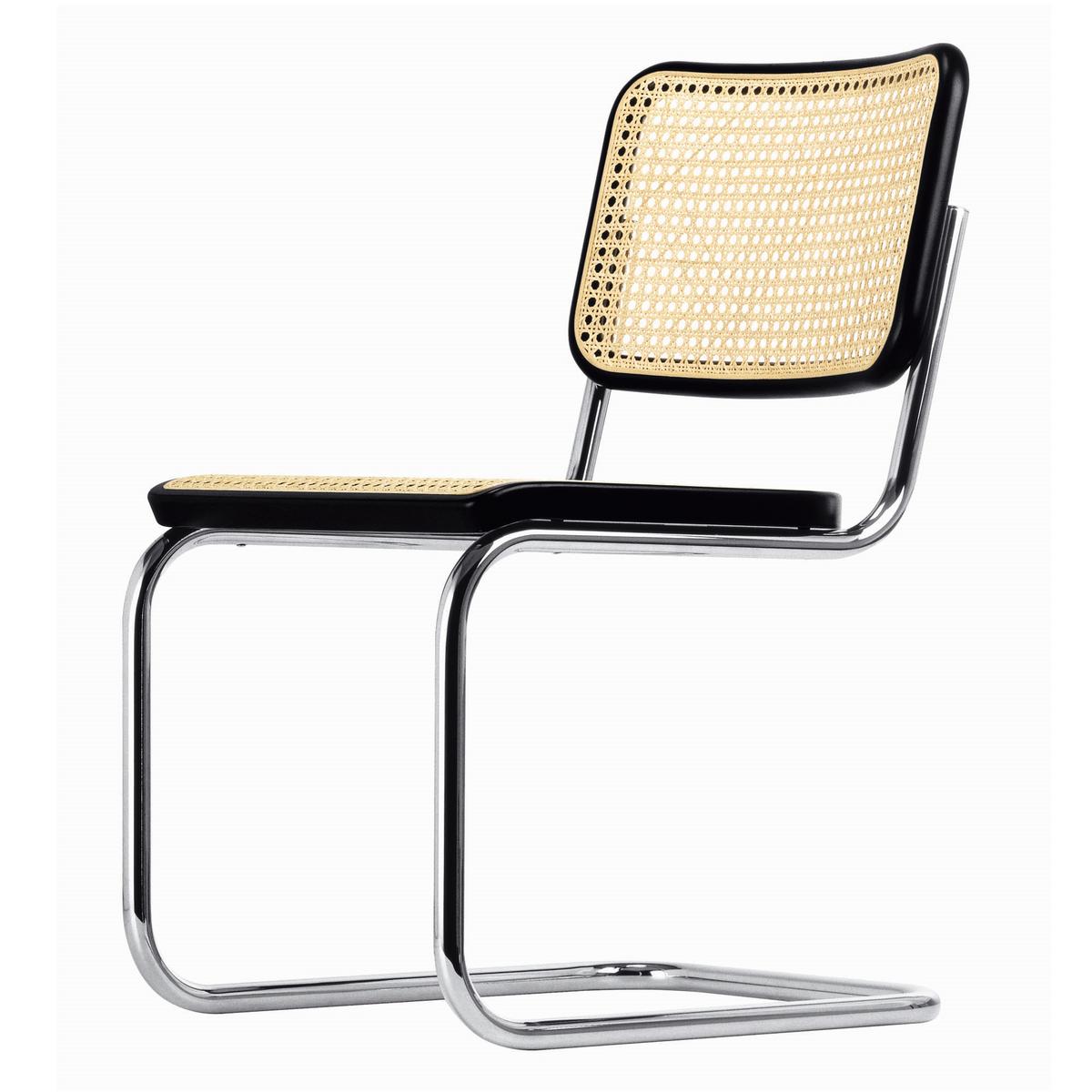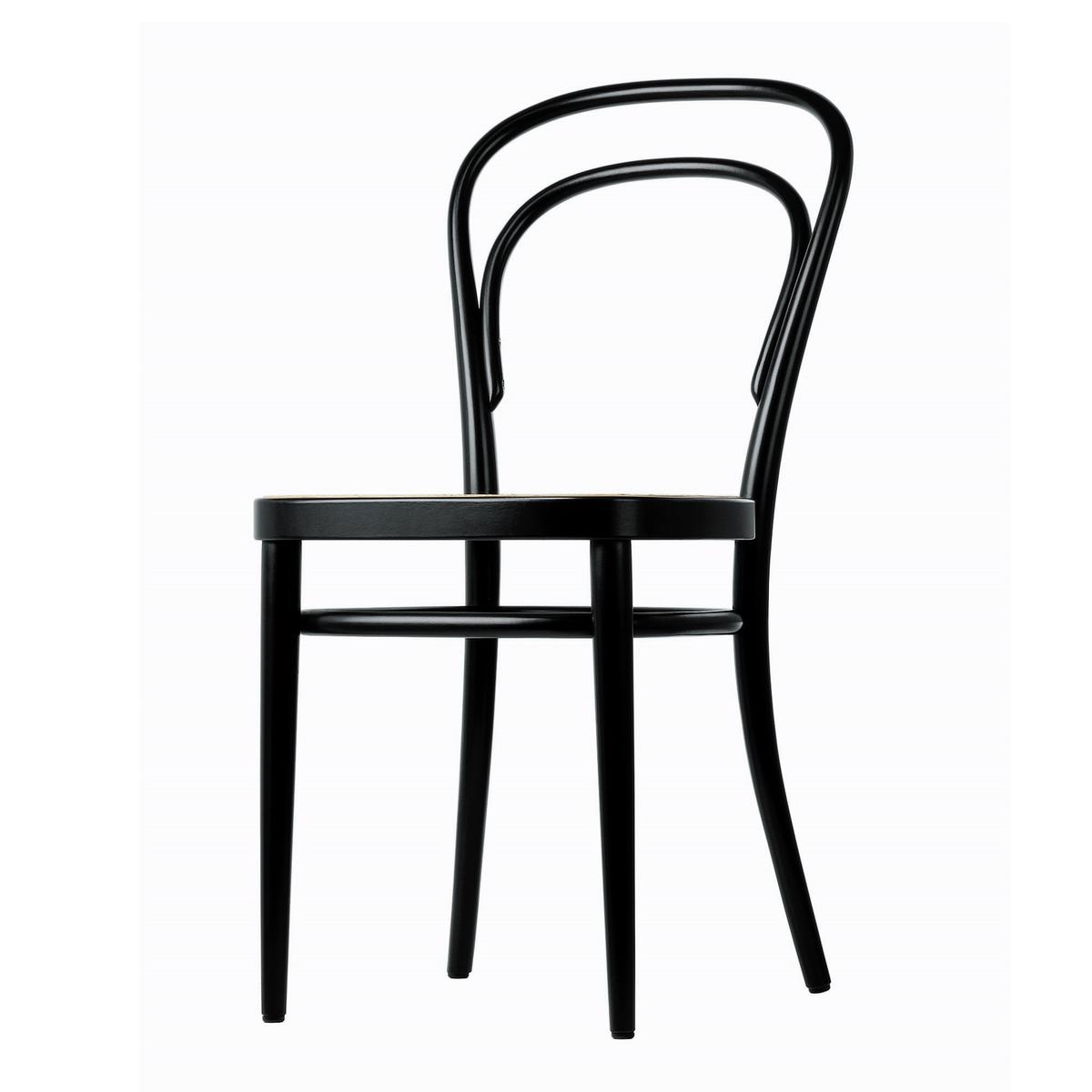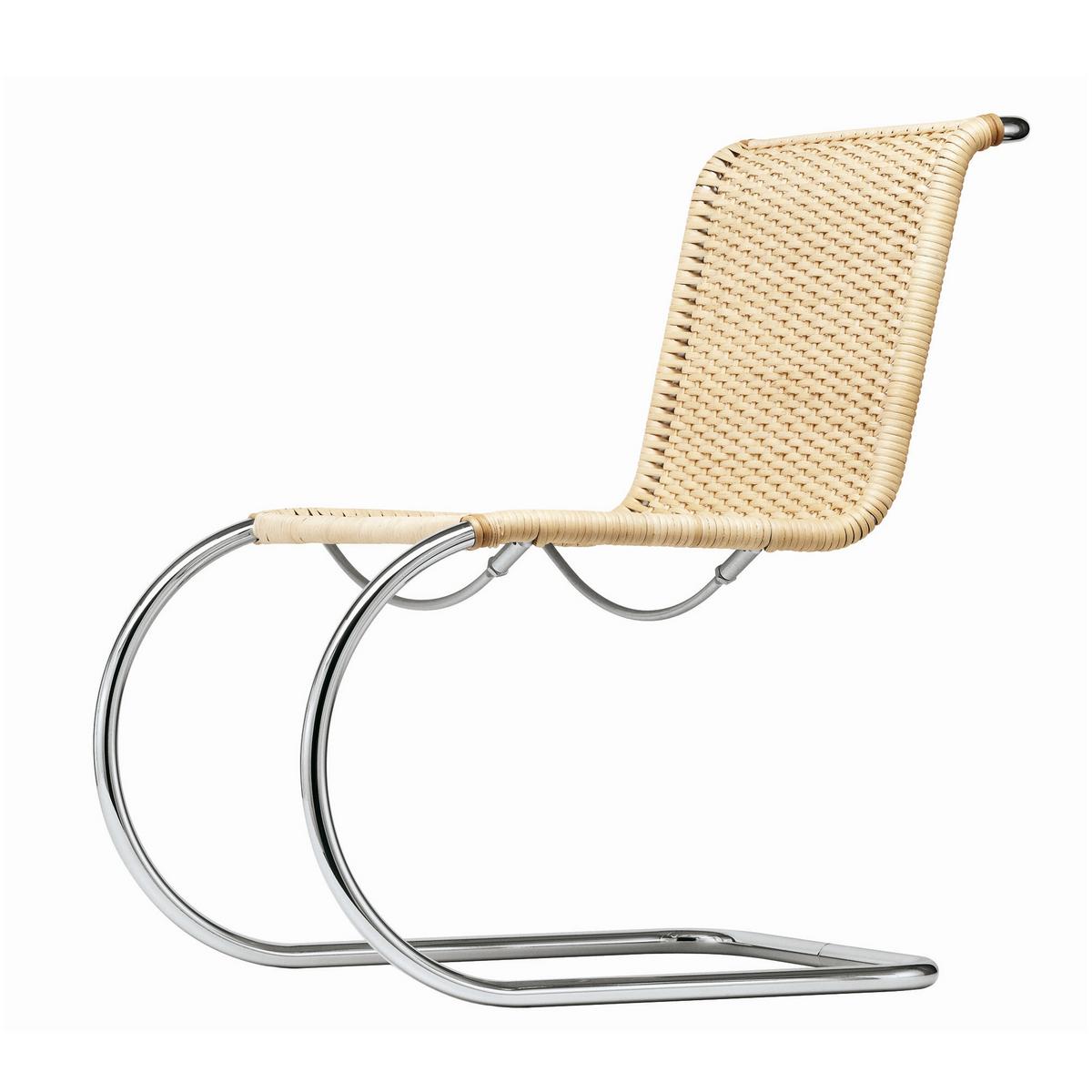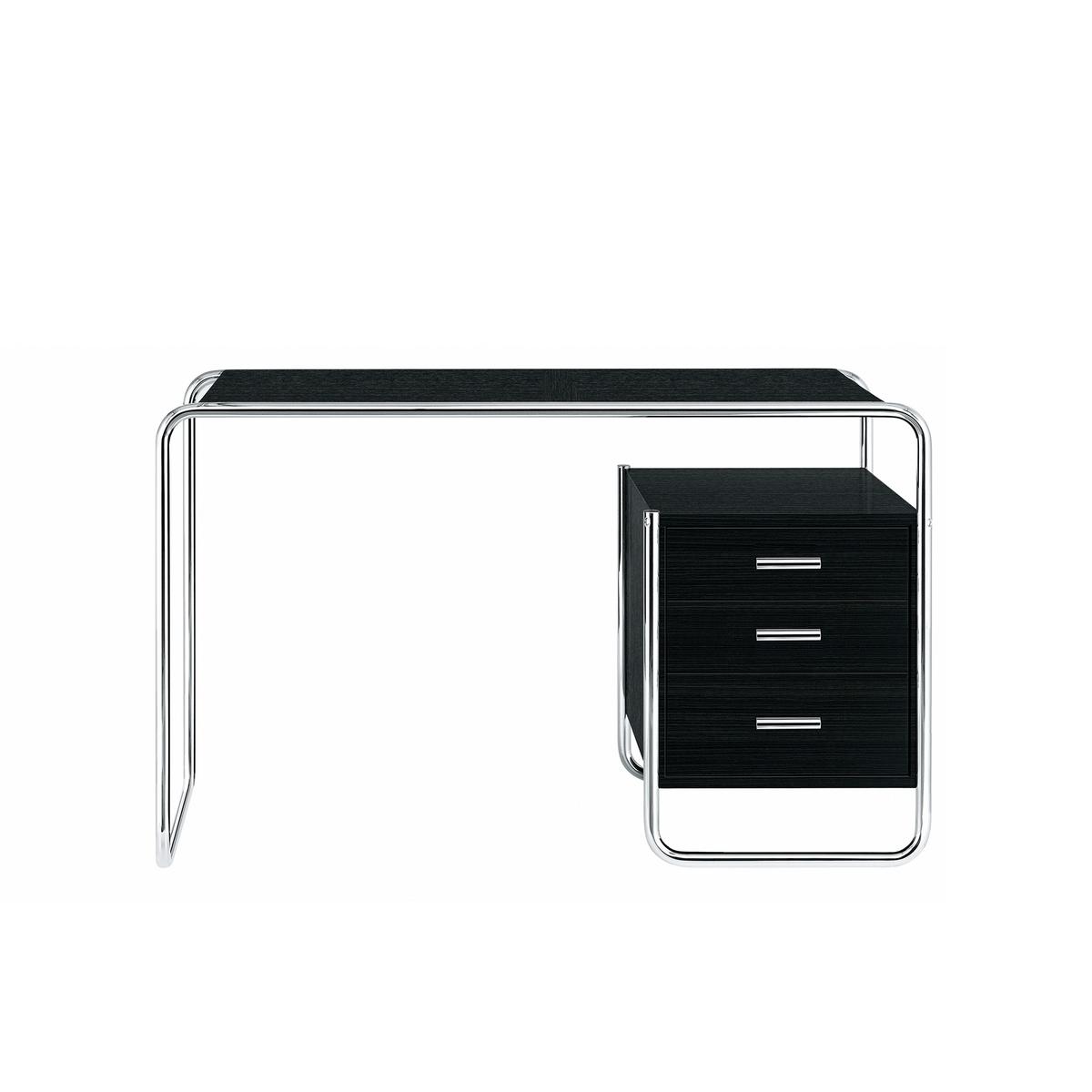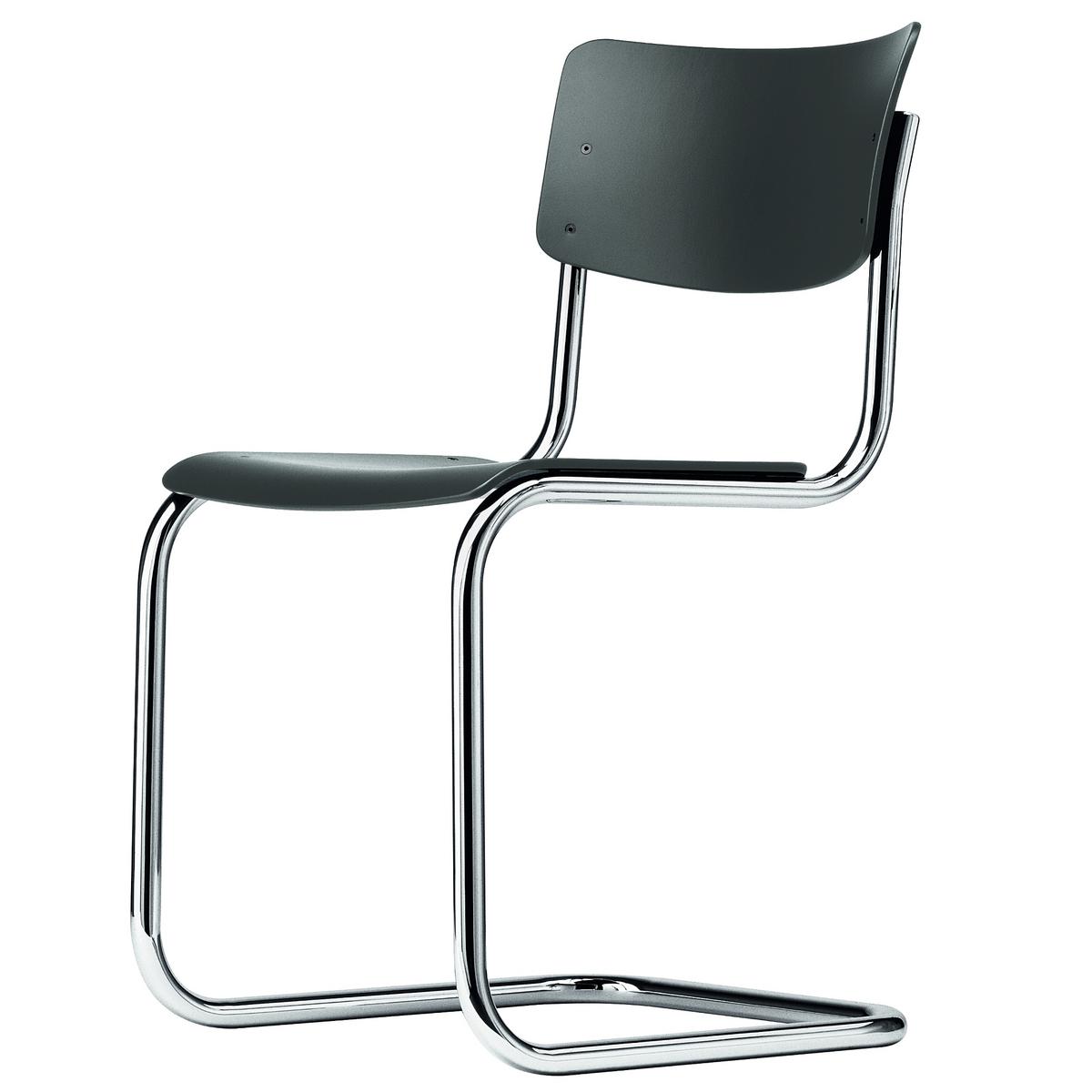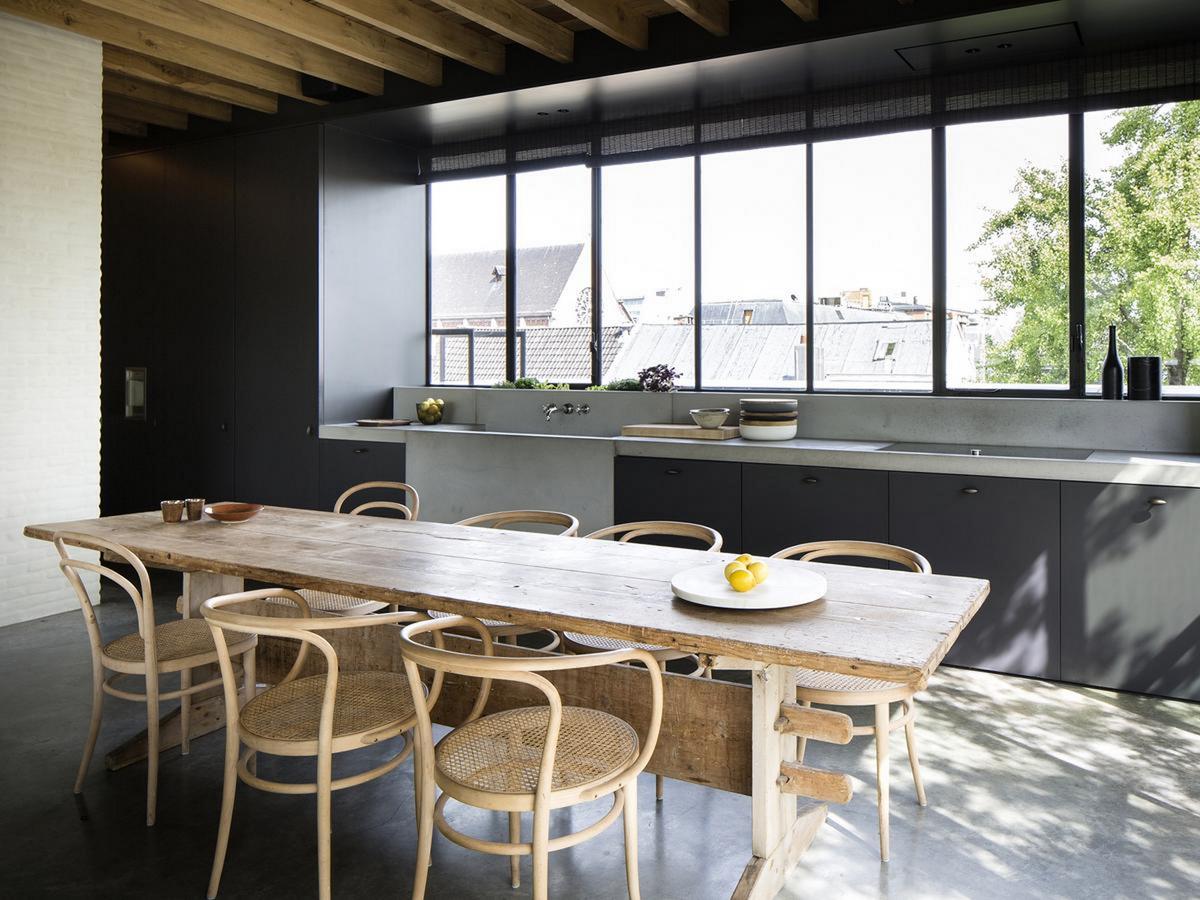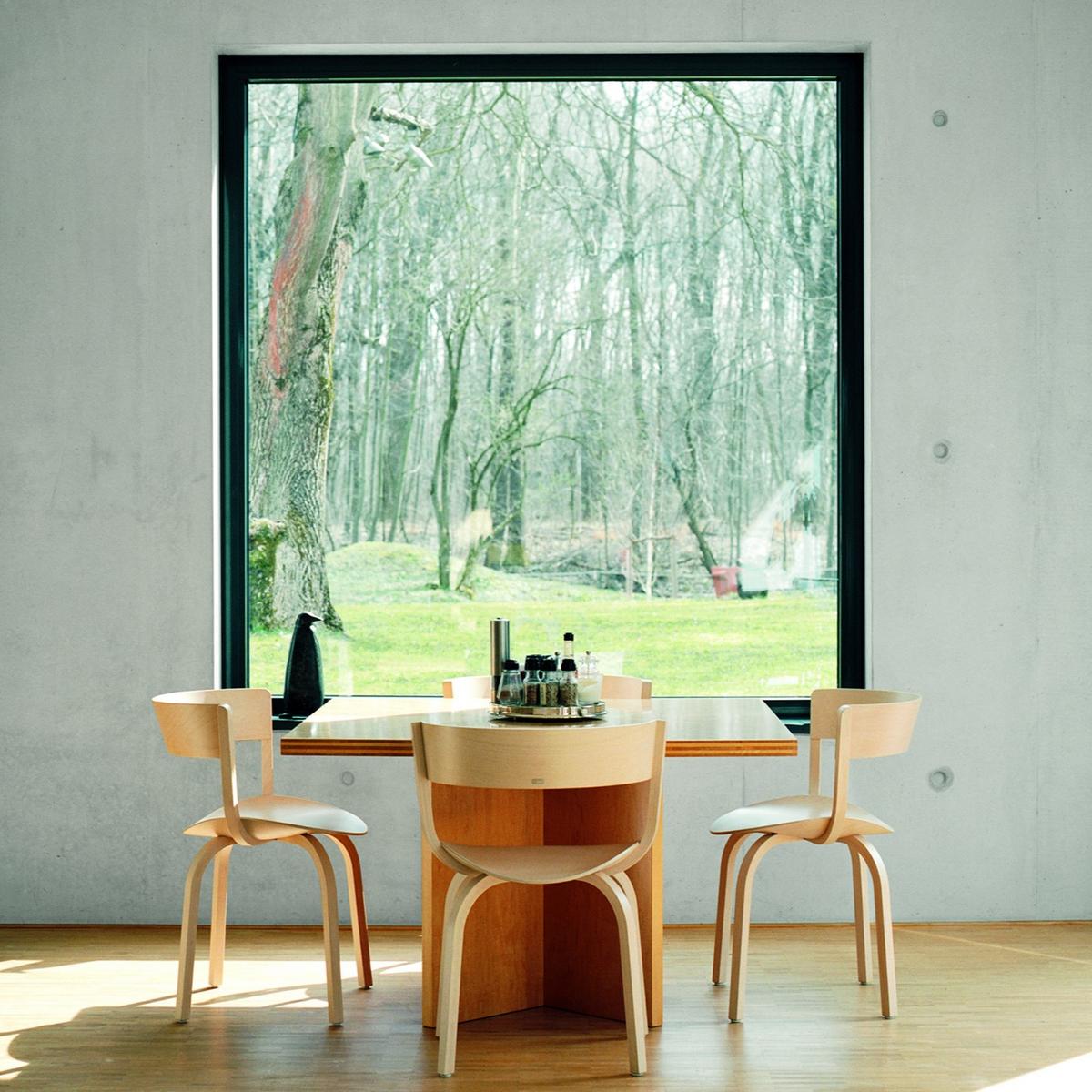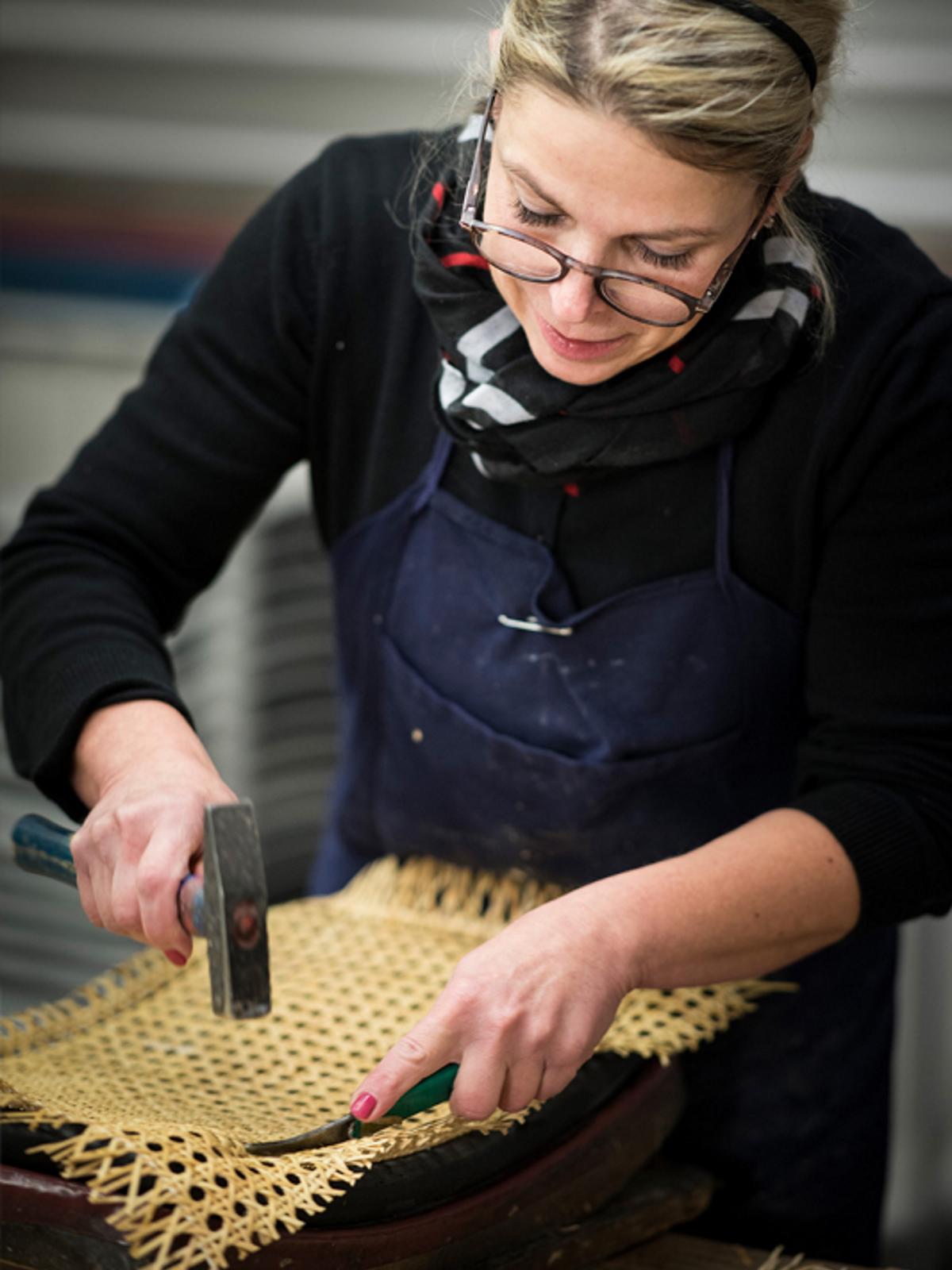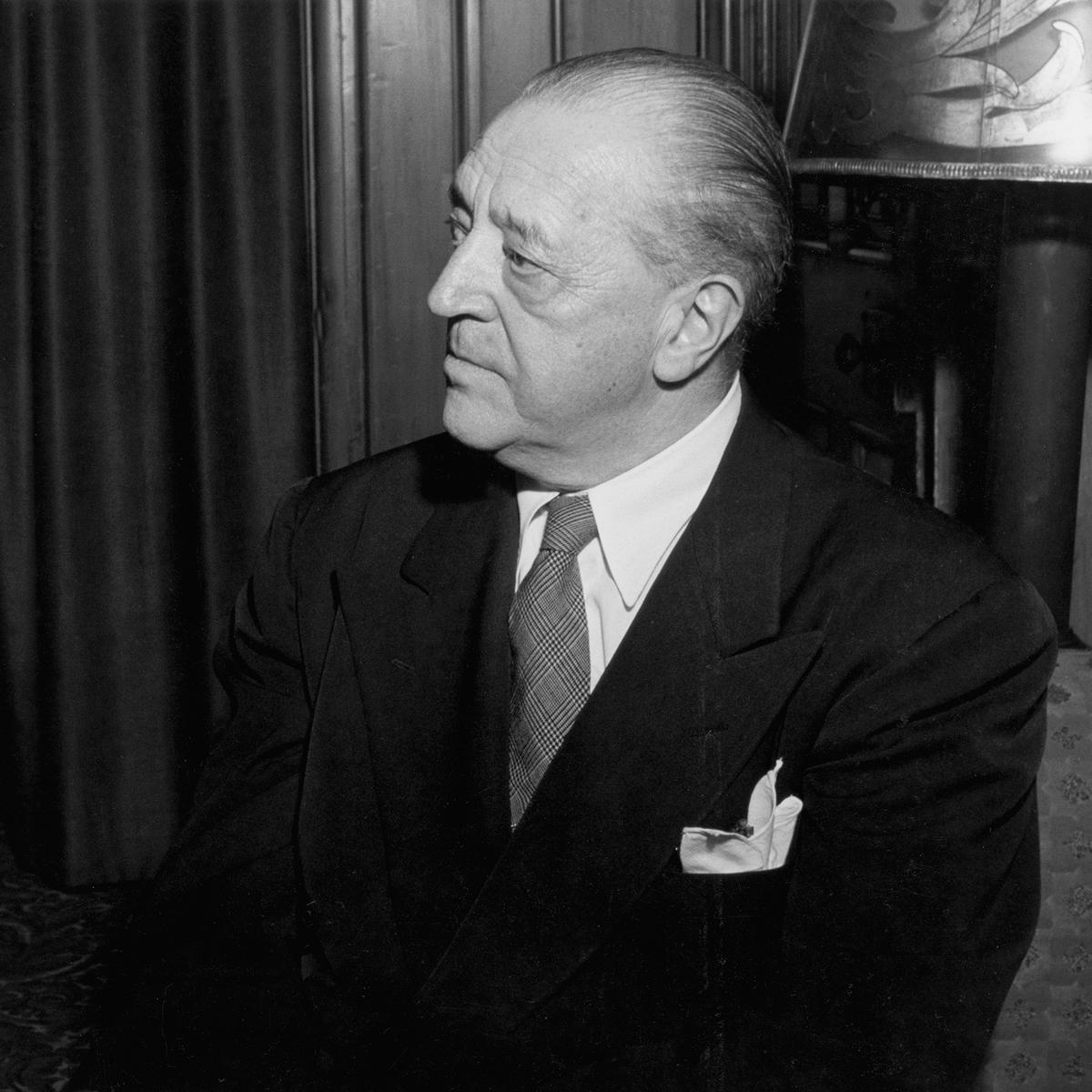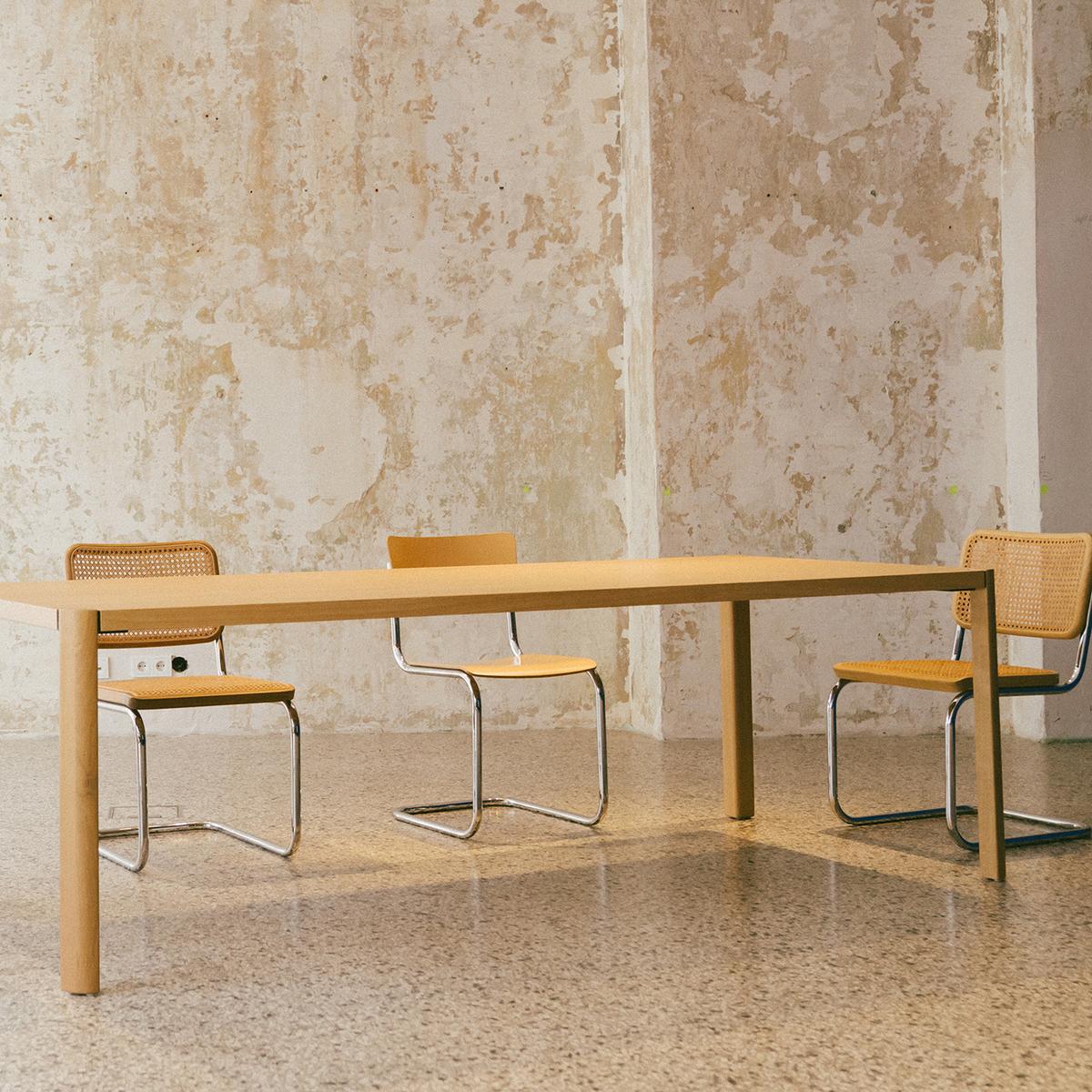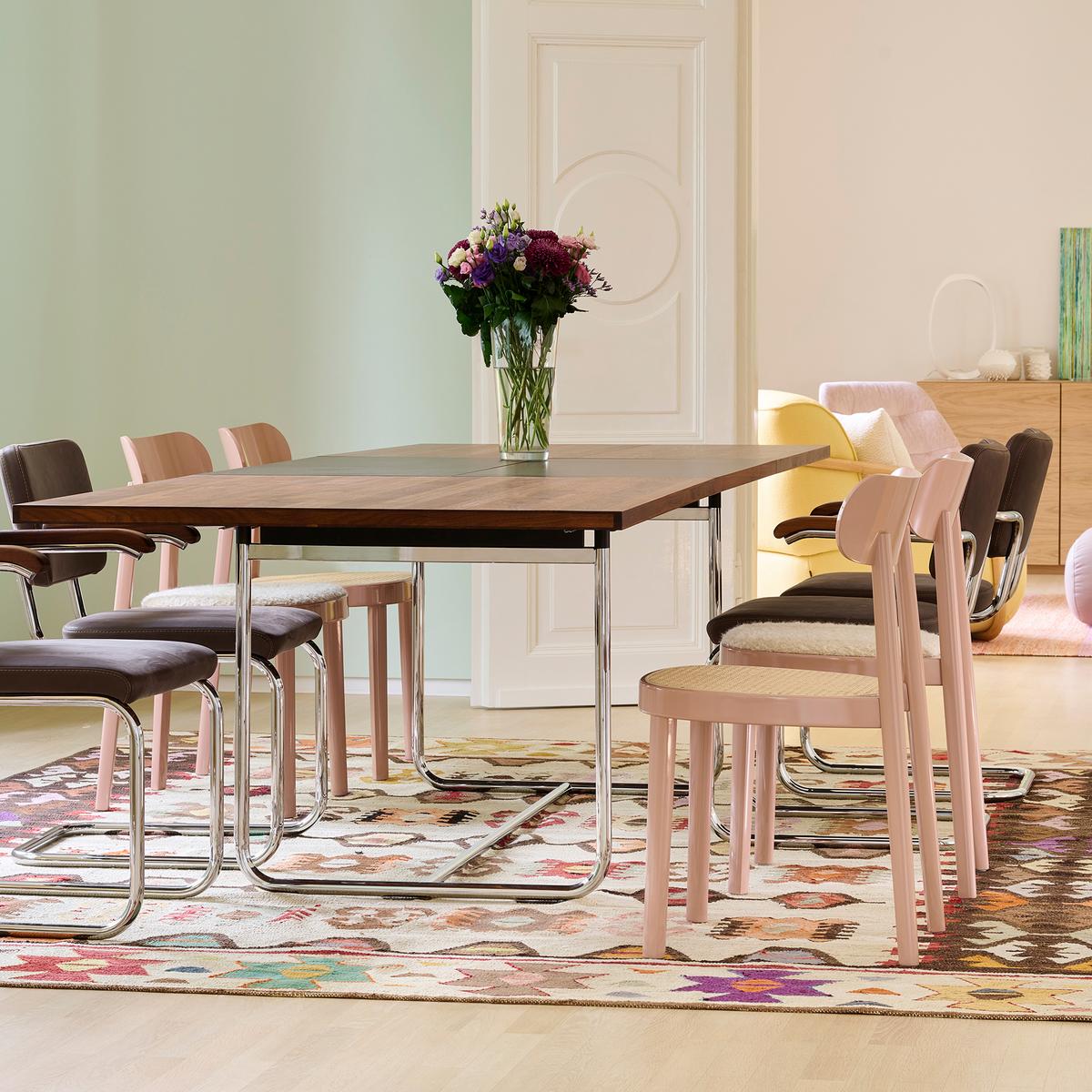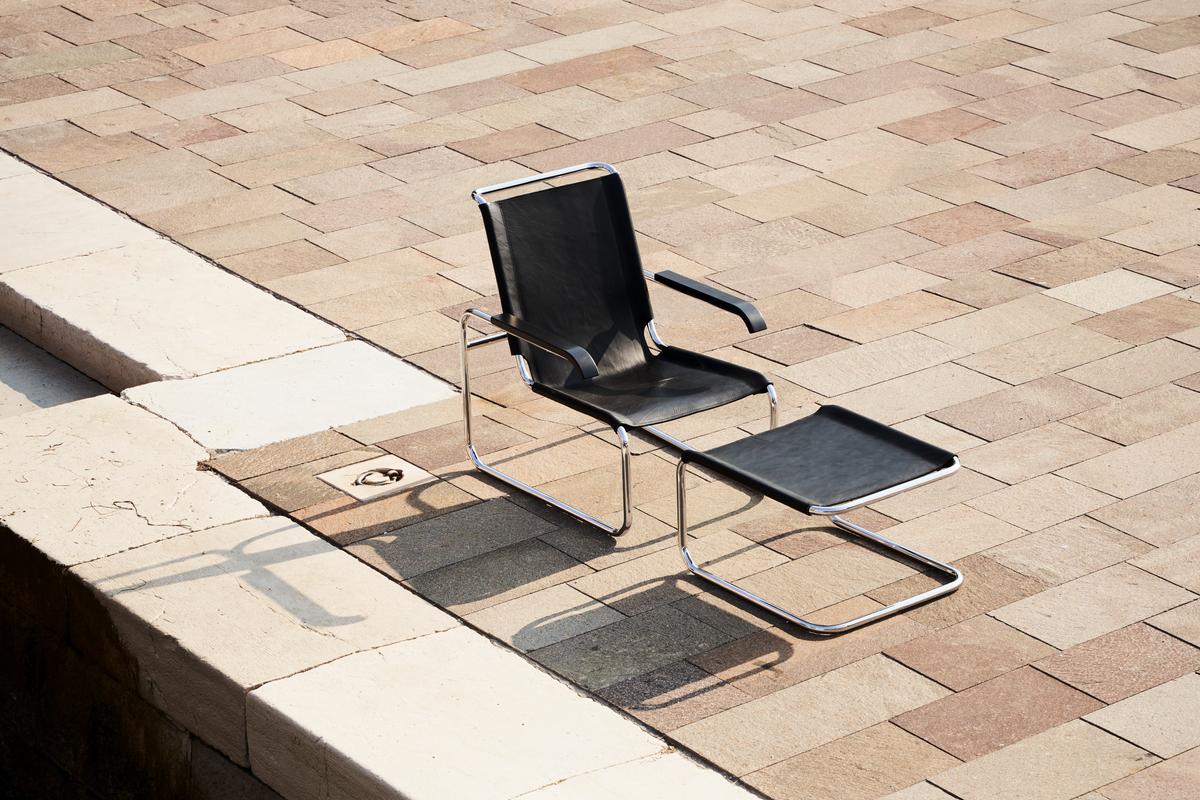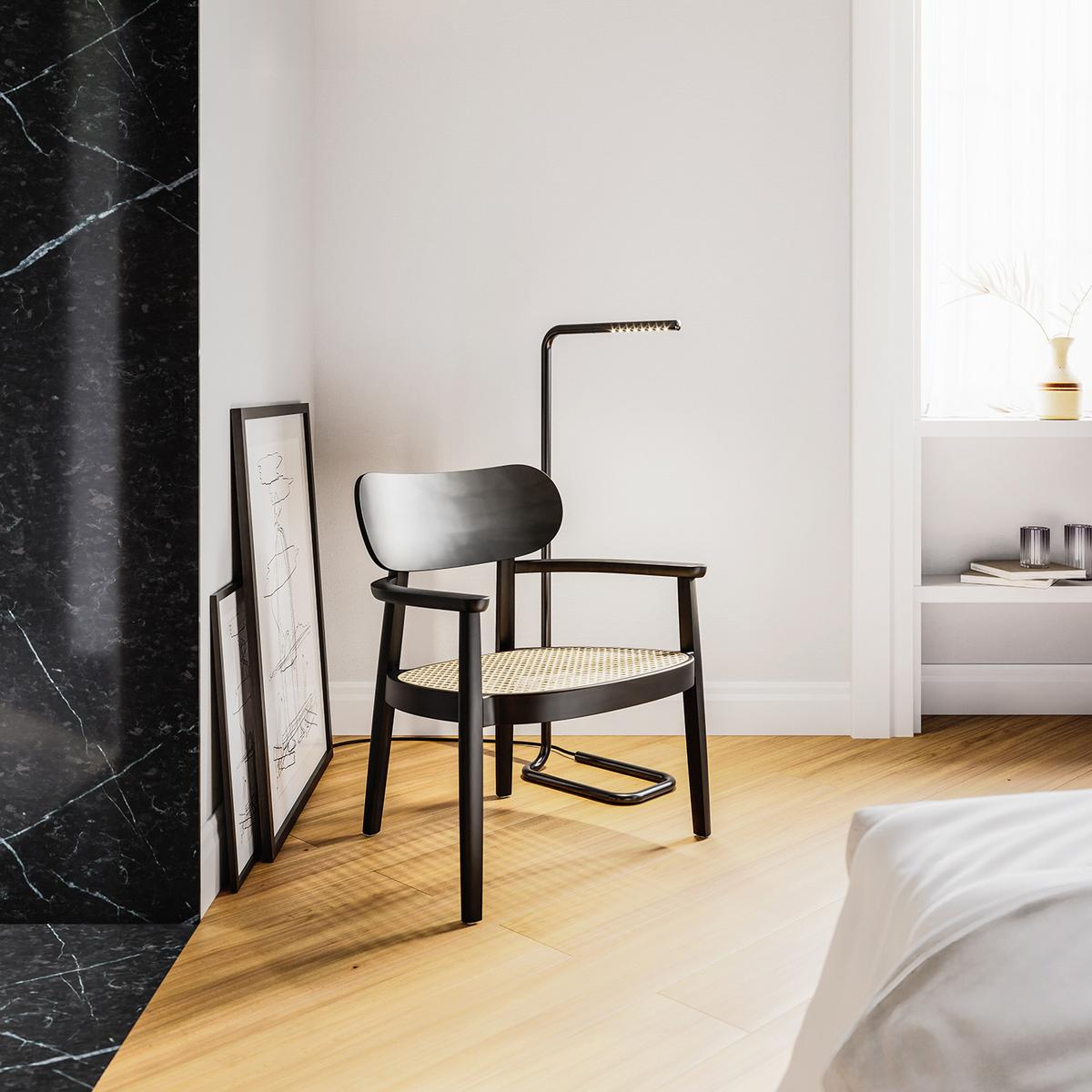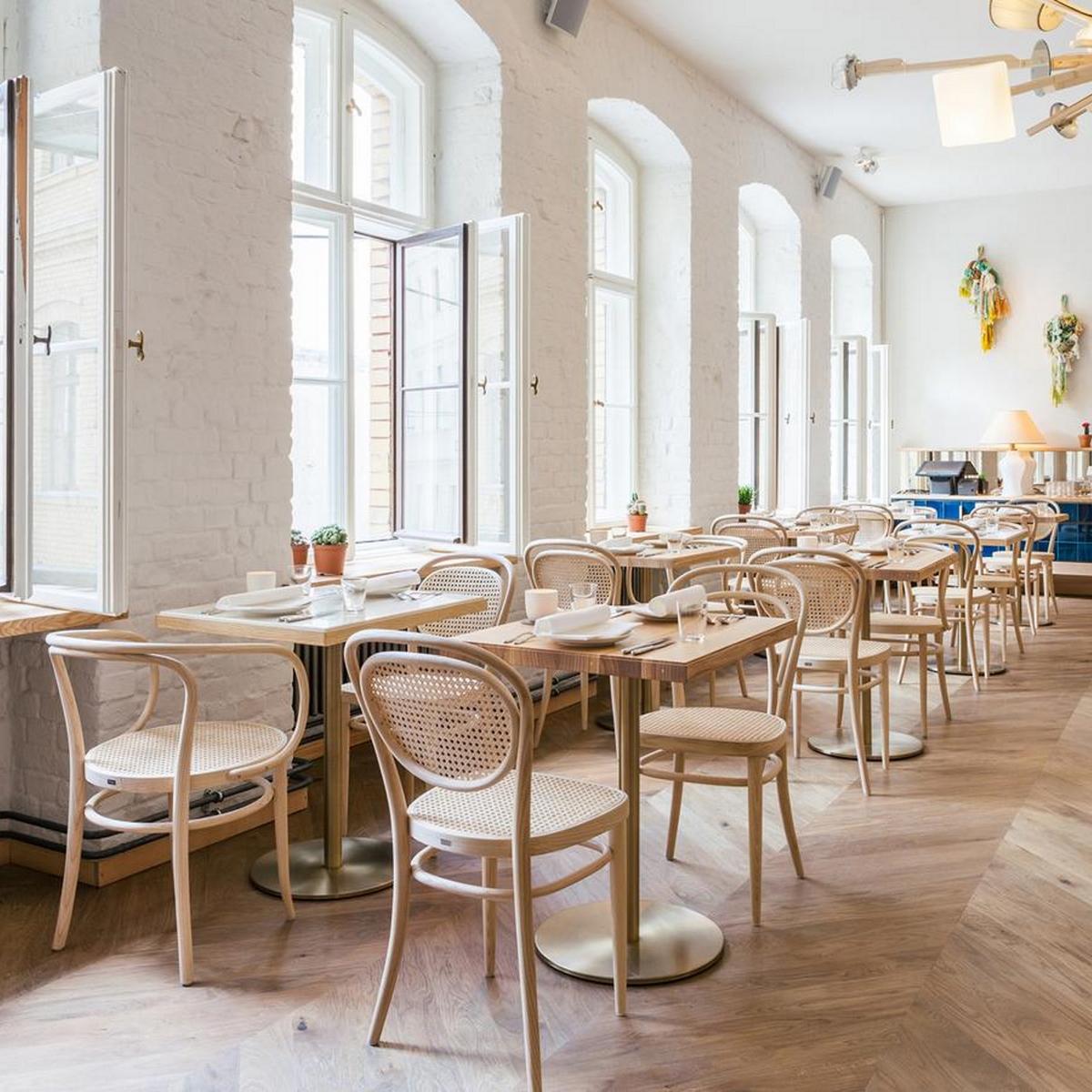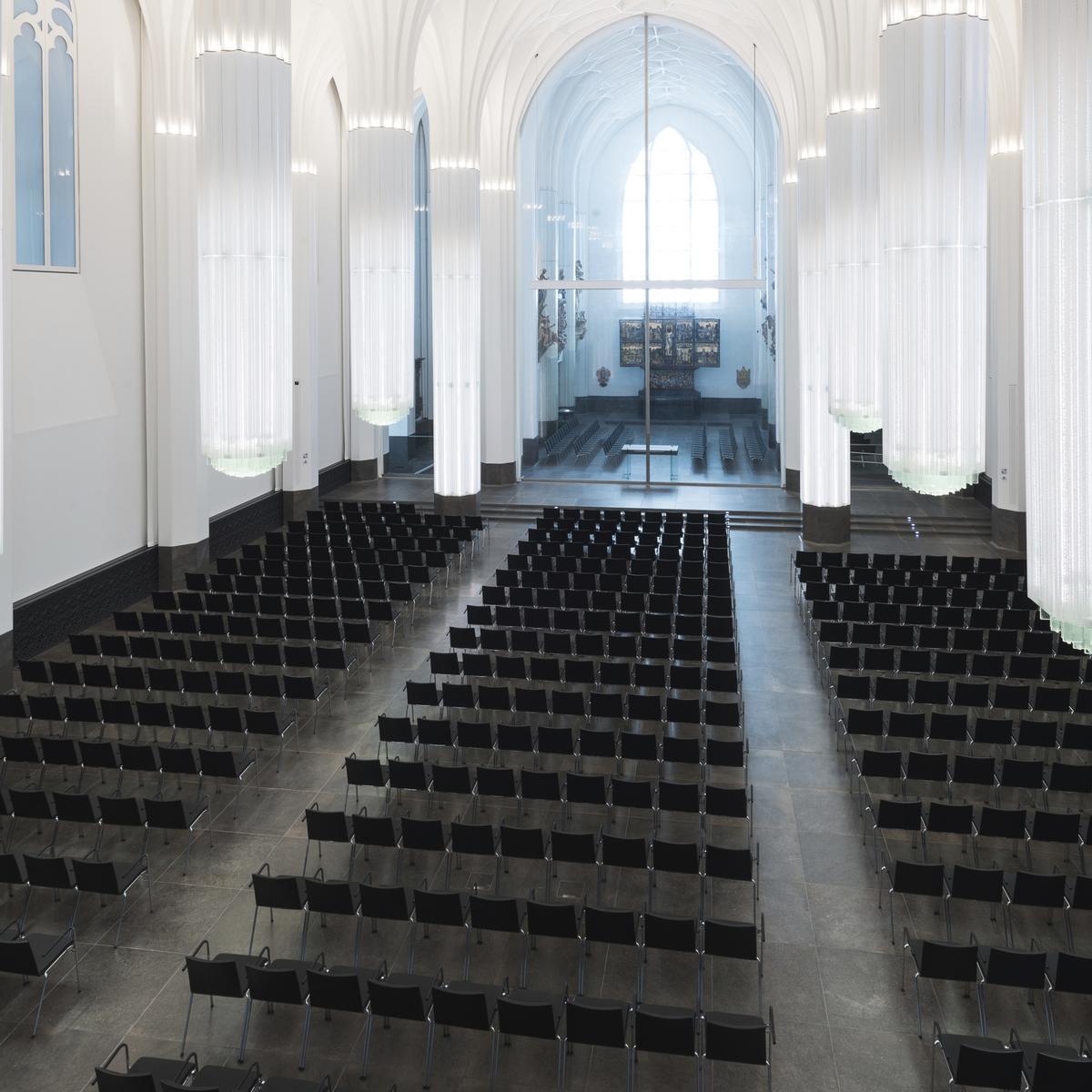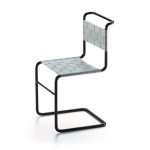Long-lasting products thanks to first-class quality
Thonet furniture has always been characterised by excellent quality and extreme longevity. On the one hand this applies to the timeless design of Thonet furniture, which has lost none of its relevance since its creation, and on the other on the high quality of the materials and production. Today Thonet furniture has no negative impact on the environment, neither during production nor during its disposal.
Future-oriented, sustainable
Especially with a view to the future, sustainability is a core component in all of Thonet's corporate decisions. New product concepts in particular are therefore carefully tested for recyclability, sustainability and environmental friendliness of the materials. The company now sources 100 percent of its electricity from sustainable energy sources. In order to make a further contribution to reducing the ecological footprint, Thonet has also invested in recycling systems for solvents.
Certified environmental management
Thonet's certified environmental management meets the demands of international standards and is geared towards the three pillars of economic sustainability, ecological sustainability and social sustainability. All Thonet employees are trained in accordance with these guidelines and are committed to acting accordingly. The company communicates clear targets and reports annually on the environmental goals it has achieved. In 2020, water consumption, energy consumption, waste volume and CO2 emissions were significantly reduced compared to the previous year.
Made in Germany
Thonet has been producing furniture for over 200 years, and that is today completely Made in Germany for over 200 years. With an unbroken passion for materials and craftsmanship, Thonet design icons and contemporary furniture alike are created at the Thonet factory in Frankenberg. Production there takes place according to the highest quality standards in several production steps that combine the most modern production technologies and traditional craftsmanship.
Selected and sustainable materials
Thonet uses a wide variety of materials and colours, which are identified individually for each product, and whose selection is subject to systematic quality and environmental management control. For example, all woods are FSC or PFSC certified and the stains with which they are treated contain less than 2 percent solvents. The leather comes exclusively from Europe and is tanned and dyed according to strict ecological guidelines. All textiles processed by Thonet have an abrasion rating of 25,000 or higher and are therefore particularly resistant and durable. The cane weave used by Thonet is a natural product made from rattan, which grows as a tropical creeper in the rainforests of Indonesia and is neither bleached nor dyed.

